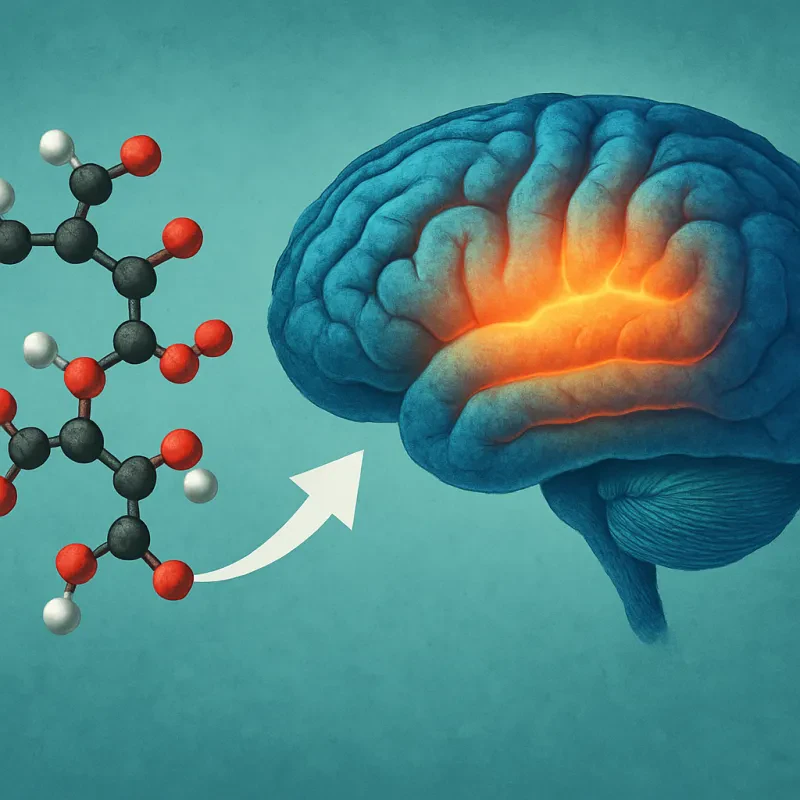When it comes to enjoying a drink, most of us look forward to a good time. But sometimes, after a night out, you might feel more than just the usual hangover. If you’ve noticed that certain drinks, especially red wine or aged liquors, leave you feeling unwell, it could be a sign of alcohol based histamine intolerance. This can be frustrating, as it’s not just about having fun; it’s about feeling good too.
So, what are the symptoms of alcohol histamine intolerance? Common signs include:
- Headaches or migraines
- Skin flushing or rashes
- Nasal congestion or stuffiness
- Digestive issues like bloating or diarrhea
- Heart palpitations or an increased heart rate
Unlike a typical hangover, which comes with a mix of dehydration and fatigue, alcohol based histamine intolerance symptoms can hit you much faster and often feel more like an allergic reaction. For many, beers and other histamine-rich drinks can trigger uncomfortable reactions. If you find yourself feeling off after enjoying certain types of drinks, it’s a good idea to pay attention to what your body is telling you.
The good news is that by recognizing these symptoms, you can start to make more informed choices when it comes to enjoying alcoholic beverages. Being mindful of your drink selections, especially avoiding red wine and other high-histamine options, can help you sidestep those unpleasant effects and enjoy your time with friends! Remember, it's all about keeping your body in check and ensuring you're having a good time without the side effects.
Common Hangover Signs to Recognize
After a night of fun, many of us are left with that dreaded hangover feeling. It's essential to recognize the signs so you can decide what's really going on with your body. Is it a hangover, or could it be related to alcohol based histamine intolerance? Here are some common signs to look out for:
Headaches: Waking up with a pounding headache is classic hangover territory. But if you notice this occurring frequently after enjoying red wine or aged liquors, it might be a sign of histamine intolerance. This can cause more intense headaches compared to typical hangover symptoms.
Runny or Stuffy Nose: If you find yourself sneezing or blowing your nose more than usual after a few beers, it might not just be seasonal allergies. Alcohol can trigger these symptoms in those sensitive to histamines, especially in beverages like red wine.
Skin Reactions: Some people experience flushes, rashes, or itchiness after drinking. If this happens often post-drinks, particularly with aged liquors and red wine, it could hint at an alcohol based histamine intolerance.
Stomach Issues: Nausea or an upset stomach can happen after a night of drinking, but if you’re experiencing these symptoms consistently, it's worth considering histamine intolerance. Red wine and some beers, known for their higher histamine levels, can be more problematic for sensitive folks.
Ultimate Health Vitamins and Supplements Collection
Discover the perfect blend of essential nutrients to support your well-being and boost your vitality
Product information
$19.99
Product Review Score
4.51 out of 5 stars
33 reviewsProduct links
Key Differences Between Histamine Intolerance and Hangovers
When it comes to figuring out if you're dealing with alcohol based histamine intolerance or just a typical hangover, knowing the key differences can really help. Many folks find that certain drinks, especially red wine and aged liquors, can trigger uncomfortable symptoms. On the flip side, hangovers usually come with their own set of common issues after a long night of enjoying beers or cocktails.
With alcohol based histamine intolerance, your body is reacting to the histamine in certain beverages. You might notice symptoms like headaches, skin flushing, or even digestive upset shortly after drinking. Red wines and aged liquors tend to have higher histamine levels, which is why some people feel these reactions after just a glass or two.
On the other hand, hangovers generally kick in after consuming too much alcohol. Typical signs include dehydration, nausea, fatigue, and a pounding headache. These symptoms usually hit the morning after and are often the result of the body's response to alcohol rather than a specific intolerance to histamines.
Timing is a big clue. If you feel unwell soon after a drink, it might hint at histamine intolerance. If you wake up feeling awful after a night of fun, it’s more likely a hangover. Keeping track of what you drink—especially when it comes to red wine and aged liquors—can help pinpoint what causes your discomfort.
Overall, understanding how your body reacts to different alcoholic drinks is key. Whether you’re enjoying beers with friends or sipping on a glass of red wine, listening to your body can help you identify if it’s histamine intolerance or just a hangover that you’re dealing with.
Tips for Managing Your Symptoms Effectively
When it comes to managing your symptoms from alcohol, especially if you suspect you might have an alcohol based histamine intolerance, there are a few practical tips that can help you feel better. First, keeping a food and drink diary can be your best friend. Jot down what you consume, including specific drinks like red wine, aged liquors, and beers, and note how you feel afterward. This will help you identify patterns and recognize which beverages trigger your symptoms.
Another helpful tip is to stay hydrated. Drinking plenty of water can reduce the severity of symptoms. Alcohol can be dehydrating, which may amplify feelings of discomfort. So, make sure to drink a glass of water in between your alcoholic drinks, especially if you're enjoying a night out.
You might also want to focus on the type of alcohol you choose. Some drinks have higher histamine levels than others. For instance, red wine and certain aged liquors contain more histamines compared to other beverages. If you notice more symptoms after these drinks, consider swapping them for alternatives, like clear spirits or fresh beers, which may be easier on your system.
Lastly, consider taking breaks from alcohol entirely. This can help reset your body and allow you to better assess how different types of alcohol affect you. It's also a good idea to consult with a healthcare professional if your symptoms persist. They can help you determine whether alcohol based histamine intolerance is the culprit or if something else might be going on.
Ultimate Health Vitamins and Supplements Collection
Discover the perfect blend of essential nutrients to support your well-being and boost your vitality
Product information
$19.99
Product Review Score
4.51 out of 5 stars
33 reviews



